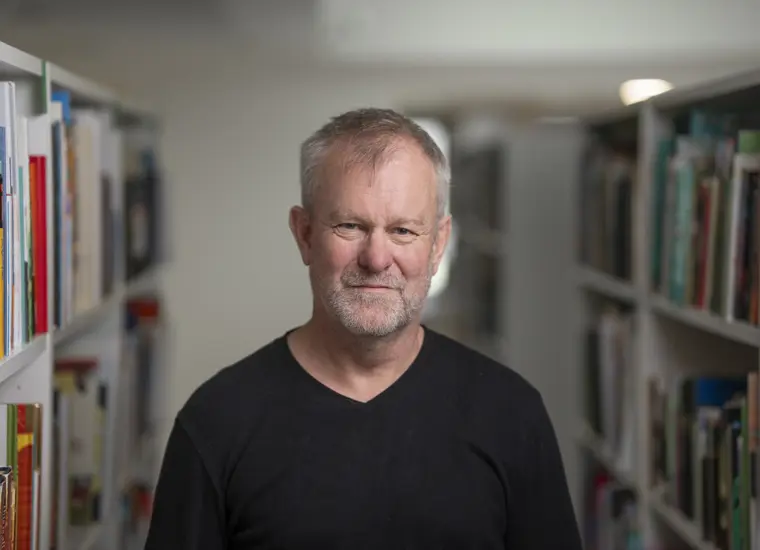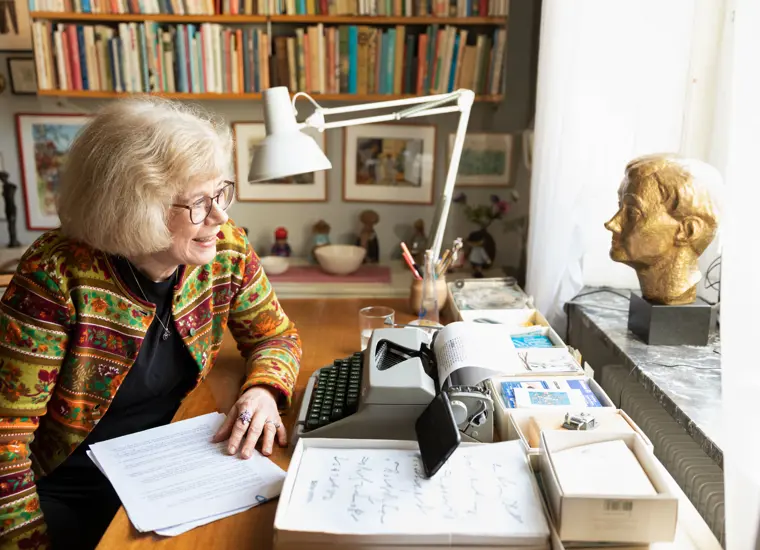Björn Sundmark

Photo: Elliot Elliot
What role does literature play for children and young people today?
"In all times and cultures, including today, stories play a critical role in shaping us as human beings. That never changes. But the forms do change over time – from oral to written, pictures to moving pictures – as does the relationship between different kinds of narratives. The dominant narrative medium in our culture today is film. But speech, writing, and pictures are all important. If, by literature, we mean written texts, with or without pictures, then literature offers experiences and information that exist nowhere else. Through literature, we learn to conjure places, situations and emotions in our minds – to identify, to empathize. The written word can speak directly from mind to mind, from writer to reader."
Do you have any special memory of reading from your own childhood?
"I have lots of memories of reading. As a child, I was a reading junkie. One memory that springs to mind was when I was nine and our family was living abroad. It had been a while since I’d had anything to read, and a friend came to visit and gave me a copy of Jules Verne’s The Mysterious Island. I finished it in a day – I just devoured it. And I came down with a fever at the same time. That was an incredibly powerful experience."
You teach a course called ‘Children’s Literature in a Global Perspective’. Briefly, what is it about?
"It's a course that I’ve taught every semester for 15 years at Malmö University, directed primarily at foreign exchange students. It’s a survey course on the history of children’s literature, its defining features and its various genres and forms. But one thing that makes the course a little unusual is that the required reading comes from all over the world. Also, students are graded based primarily on a creative project in which they make and present their own children’s book. More than one ALMA laureate has appeared on the syllabus over the years!"

Jury with extensive knowledge
Rewarding the highest-quality work demands an expert knowledge of international children’s and YA literature as well as children’s rights and children’s reading. The twelve-member expert jury has the challenging but pleasant task of evaluating some of the world's most prominent candidates each year and selecting a laureate.
Find out more about the jury